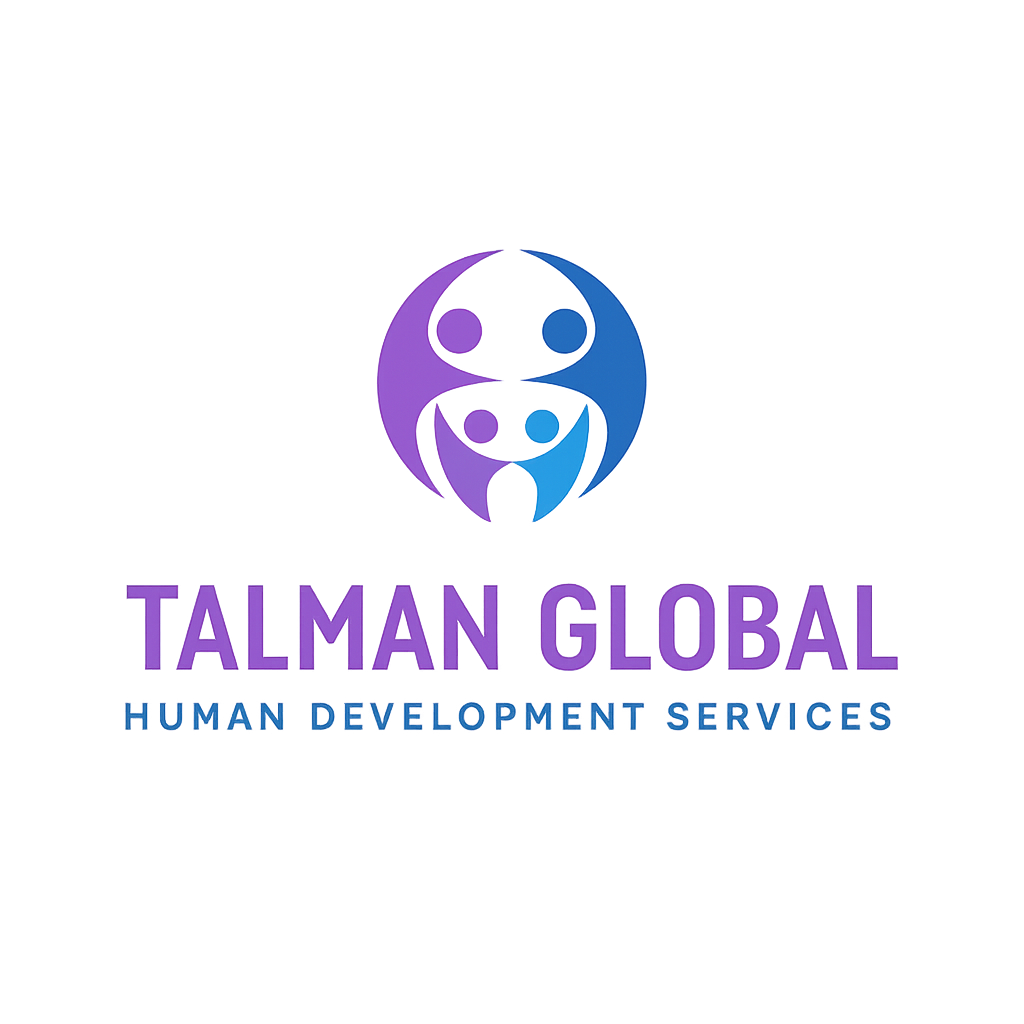Unlocking the Power of Emotional Intelligence: A Personal Journey in Workplace Dynamics
- TalmanGlobal Human Development

- May 20, 2025
- 4 min read
In today’s rapidly evolving workplace, emotional intelligence (EI) often takes a back seat to traditional metrics like sales figures or productivity rates. Yet, my experiences throughout various roles have shown me the transformative power of emotional intelligence in workplace dynamics. It's not just about achieving professional goals; it's also about successfully navigating complex interpersonal relationships that can truly shape a career.
Understanding Emotional Intelligence
Emotional intelligence refers to a set of skills that enable individuals to recognize, understand, and manage their own emotions, while also empathizing with others. It consists of five core components: self-awareness, self-regulation, motivation, empathy, and social skills. Each of these elements plays a vital role in building strong workplace relationships.
In the early stages of my career, I did not appreciate how significantly emotional intelligence could impact group dynamics. I focused primarily on hitting my targets, believing hard work would guarantee success. However, I soon faced challenges in my interactions with colleagues, leading to frequent misunderstandings. According to a study by the Harvard Business Review, poor communication can lead to a 50% decrease in team productivity. I realized that effective communication was as crucial as meeting deadlines.
The Power of Self-Awareness
Throughout my journey, self-awareness became a fundamental component of emotional intelligence. Understanding my emotional triggers allowed me to manage my reactions better. For instance, when I received feedback from a colleague that contradicted my viewpoint, my initial response was defensiveness. Instead of reacting on impulse, I paused to reflect on my feelings. This reflection helped me maintain composure and led to a constructive discussion that ultimately improved our collaboration.
This enhanced self-awareness also made me more attuned to the emotional cues of my colleagues. For example, when I noticed a coworker who seemed upset, I approached them for a conversation. Our dialogue fostered open communication, reducing tension and enabling better collaboration.
Harnessing Self-Regulation
Another key skill developed during my journey was self-regulation. The corporate world is often filled with stressors—deadlines, unexpected setbacks, and high-pressure projects. Learning to manage my emotions changed how I faced challenges. Rather than perceiving setbacks as failures, I started to view them as opportunities for growth.
One pivotal moment occurred when a project I led fell behind schedule. In the past, I might have expressed frustration and blamed others. With my self-regulation skills honed, I called a meeting to address the challenges collectively instead. This shift not only showcased resilience but also created a safe space for my team to discuss setbacks openly. A study by the American Psychological Association found that organizations that foster open communication experience a 20% increase in employee engagement.
The Influence of Empathy
As I refined my emotional intelligence, the importance of empathy became clear in my interactions. Understanding the feelings of others allowed for deeper connections and collaboration. I made it my priority to practice active listening during meetings, significantly improving my relationships with colleagues.
A memorable instance was when a team member faced personal struggles affecting their work performance. Rather than solely focusing on their output, I took the time to ask how they were doing. This act of empathy built trust and made them feel valued, resulting in greater commitment and improved productivity once they felt supported.
Cultivating Motivation
Motivation is a crucial aspect of emotional intelligence. It goes beyond ambition; it’s about being driven by personal values and passions. I discovered that shifting my focus from external validation to intrinsic motivation significantly changed my perspective on achievements.
This realization struck me during a challenging project phase where the pressure was mounting. Instead of feeling overwhelmed, I learned to channel my passion for the project into my work. This newfound motivation also became contagious; my team reciprocated, leading to greater enthusiasm and a 30% increase in productivity during project execution.
Mastering Social Skills
Lastly, emotional intelligence culminates in strong social skills. These skills are essential for networking, teamwork, and conflict resolution. Throughout my career, I’ve realized that effective communication is not just about sending a message; rather, it's about ensuring the message resonates with others.
During a crucial project presentation, I applied my social skills to read the audience's reactions. I modified my delivery based on their feedback, which created an interactive environment. This approach fostered collaboration and allowed team members to share their ideas, ultimately enhancing the project's final outcome.

Final Thoughts
Reflecting on my experiences, I realize that emotional intelligence offers profound benefits. It can enhance individual relationships and reshape entire workplace cultures. Developing self-awareness, improving communication, expressing empathy, and honing social skills have transformed how I interact with colleagues.
Each of us possesses the capacity to improve workplace dynamics through emotional intelligence. By embracing this journey and refining these essential skills, we can create healthier and more productive work environments. Emotional intelligence is not merely a personal development tool; it is a critical factor for organizational success.
Investing in emotional intelligence is essential for anyone aiming to progress in their career and build strong workplace relationships. Let us unlock this power together and thrive in our professional journeys.




Comments